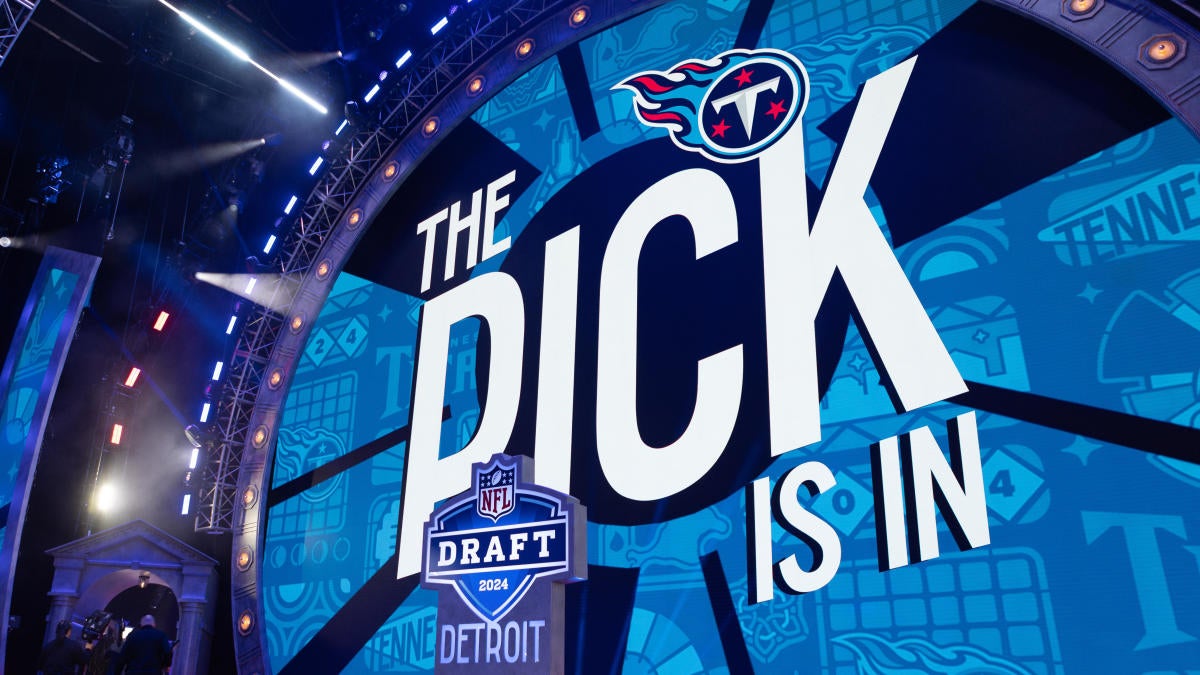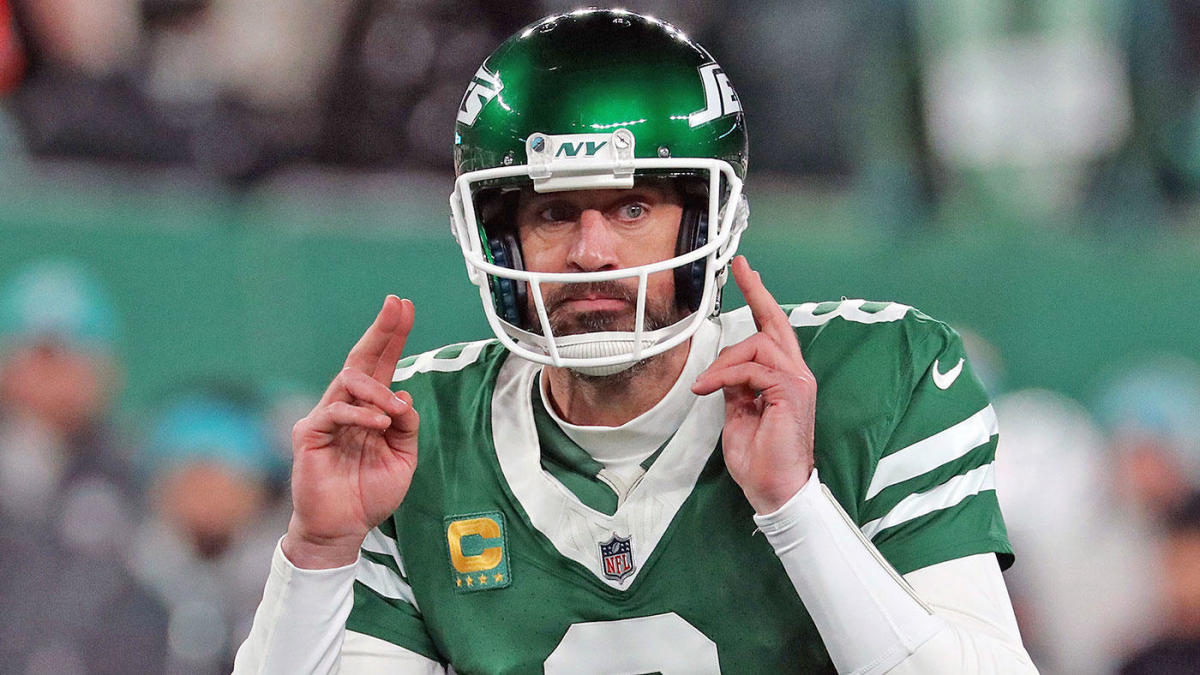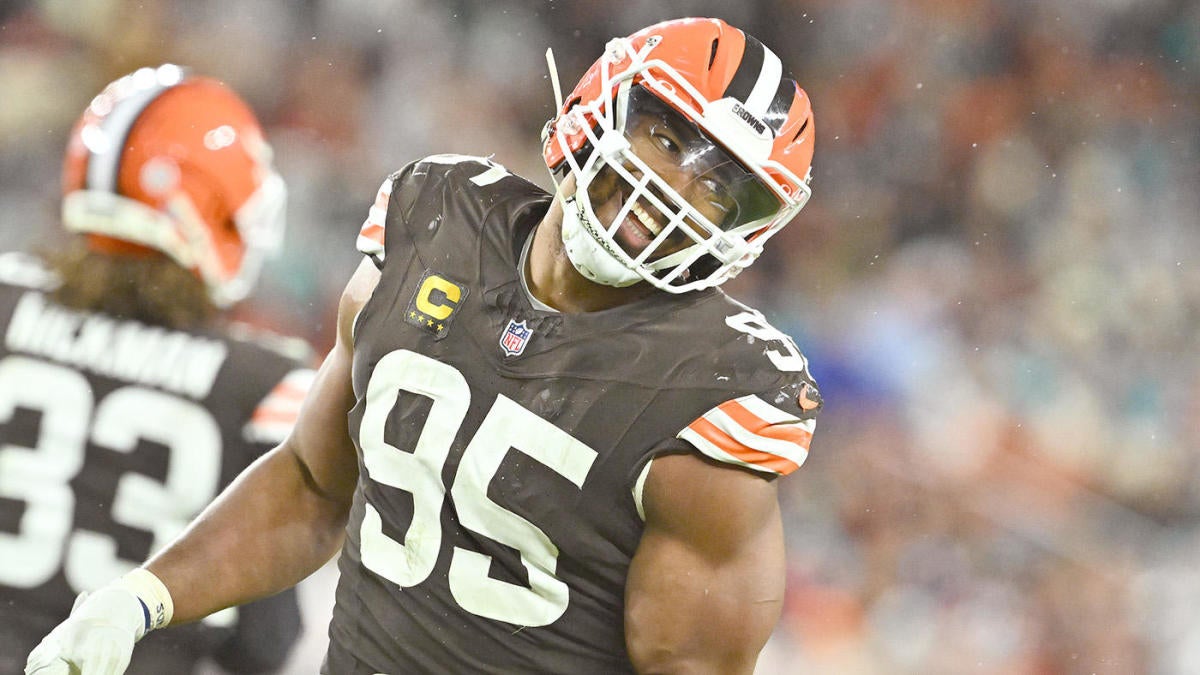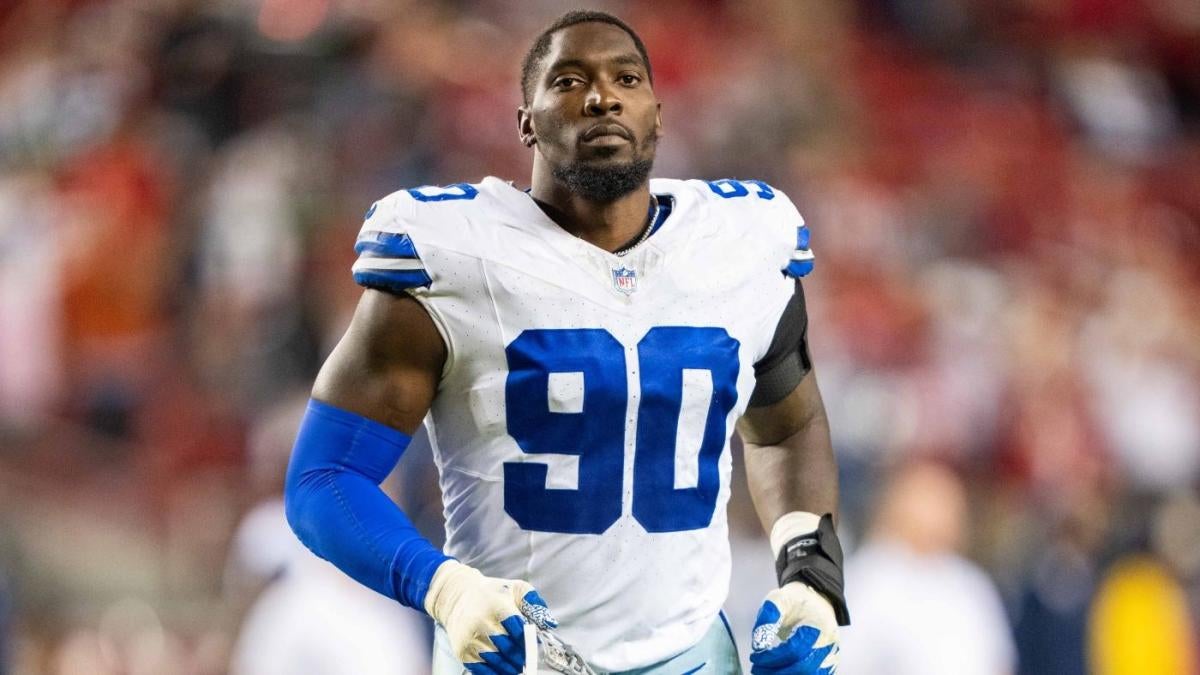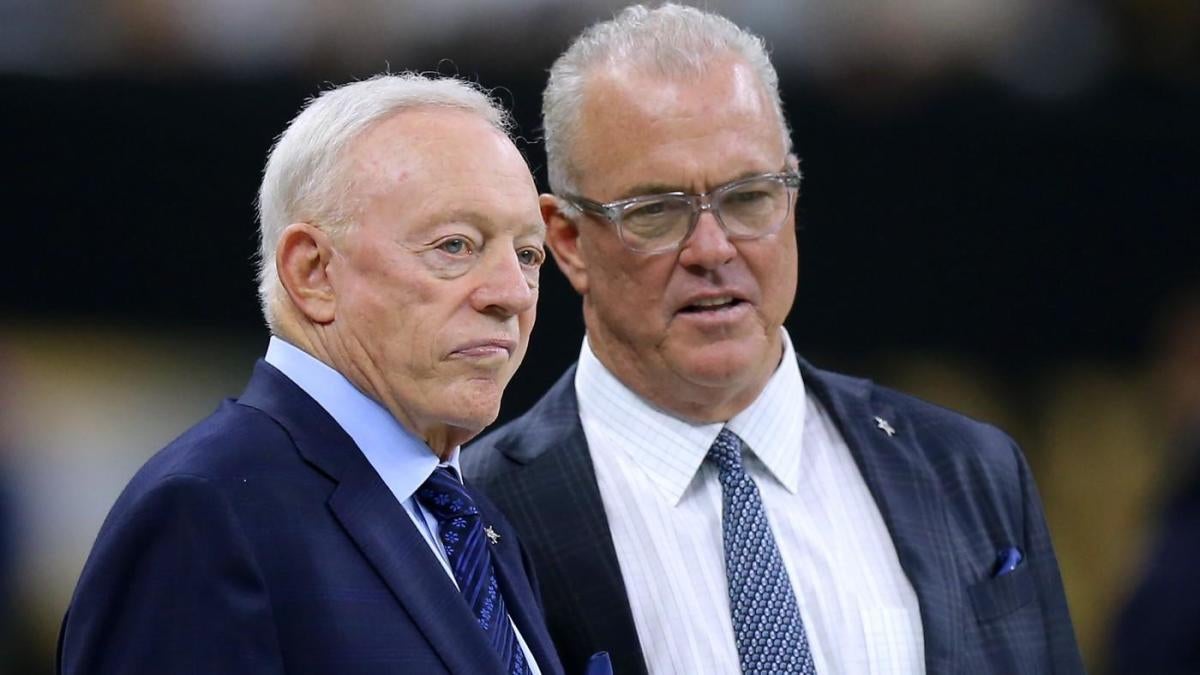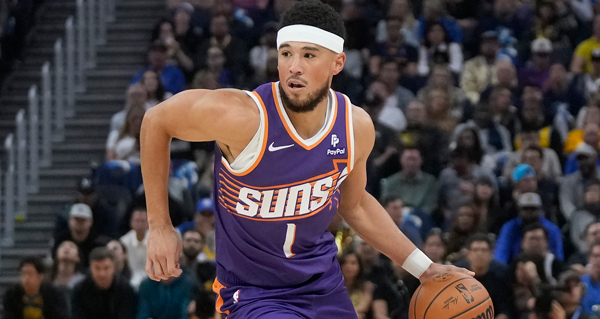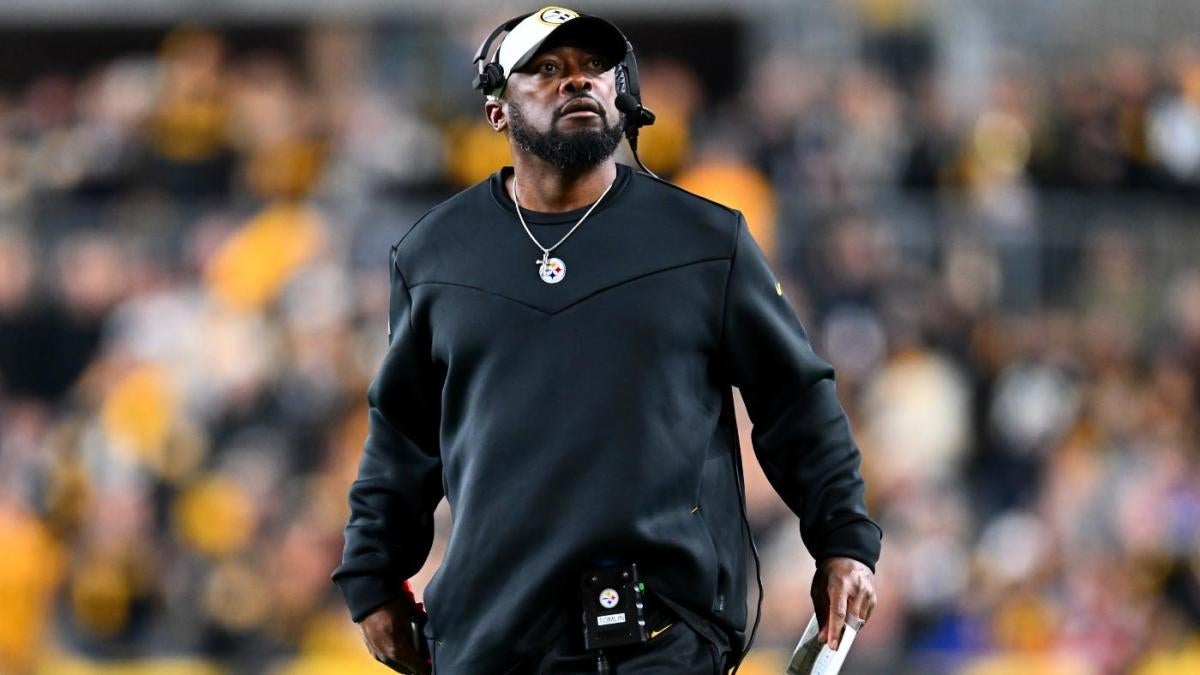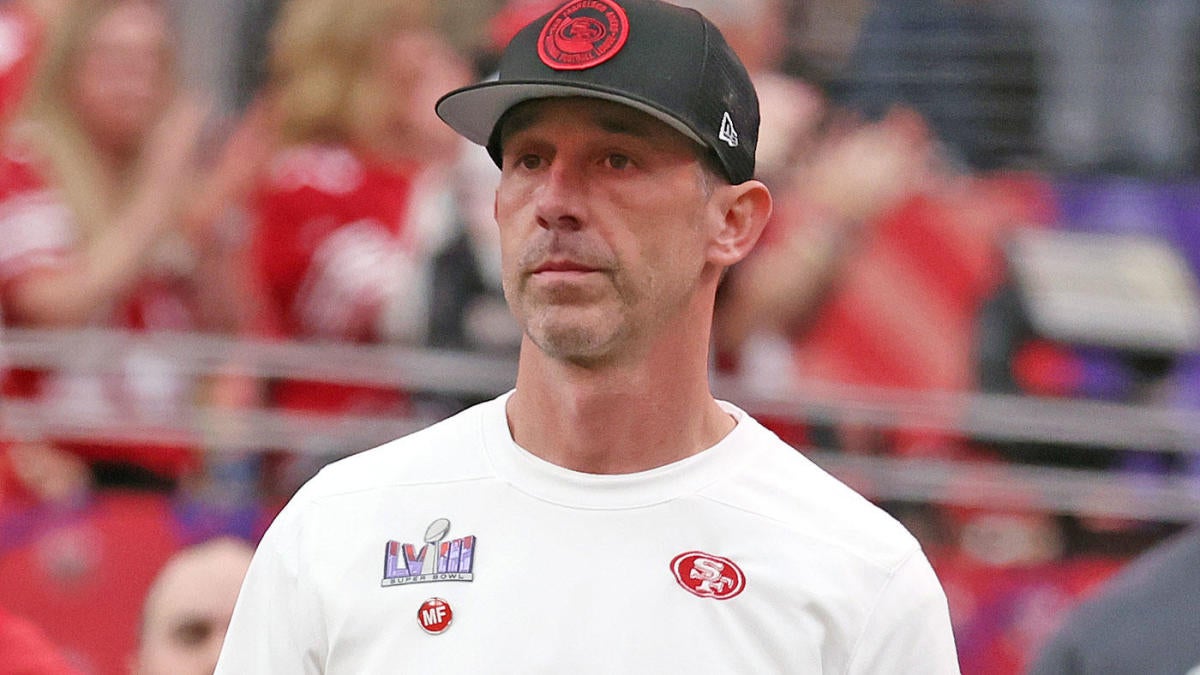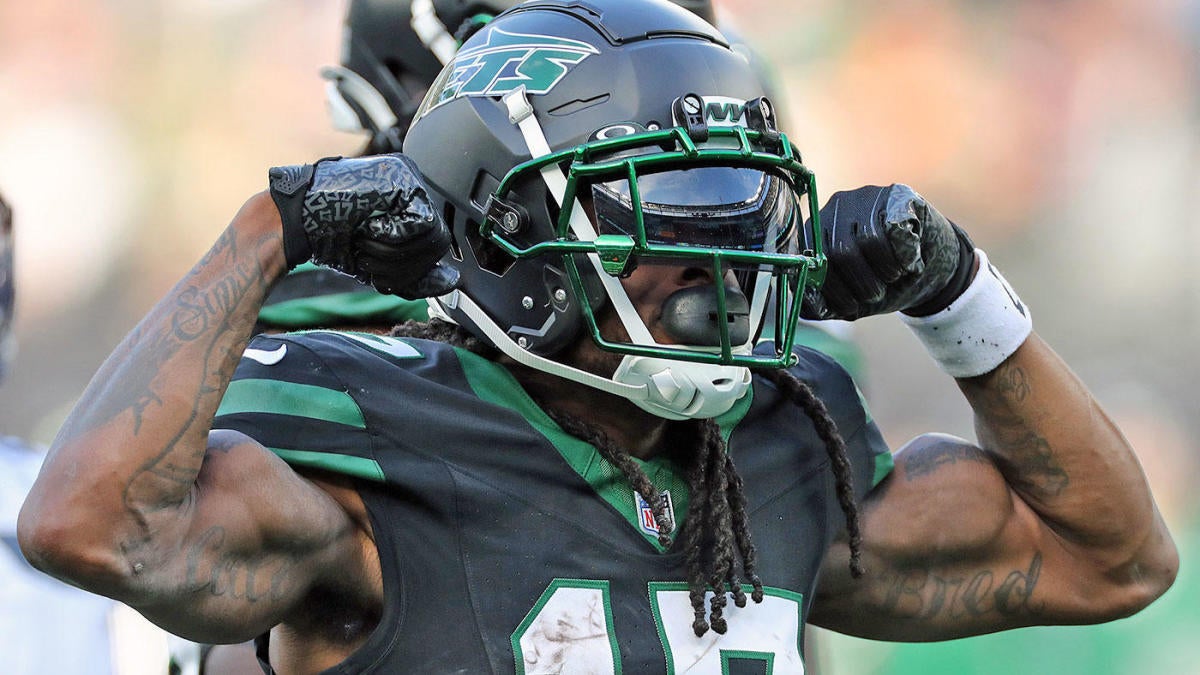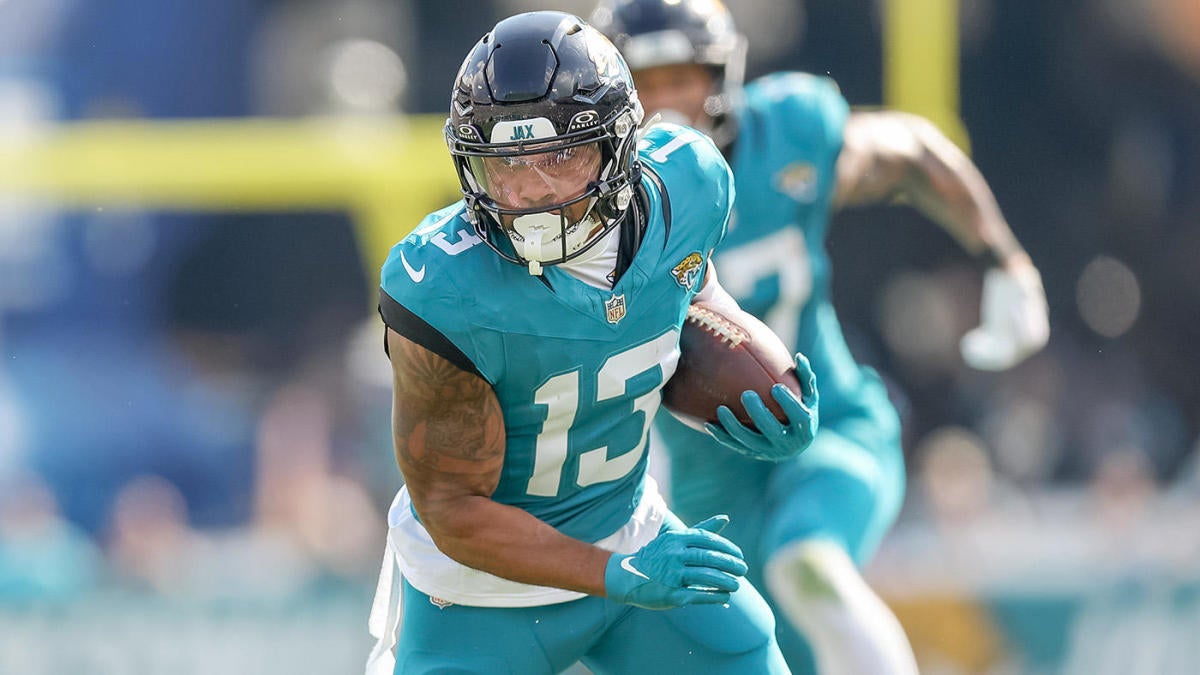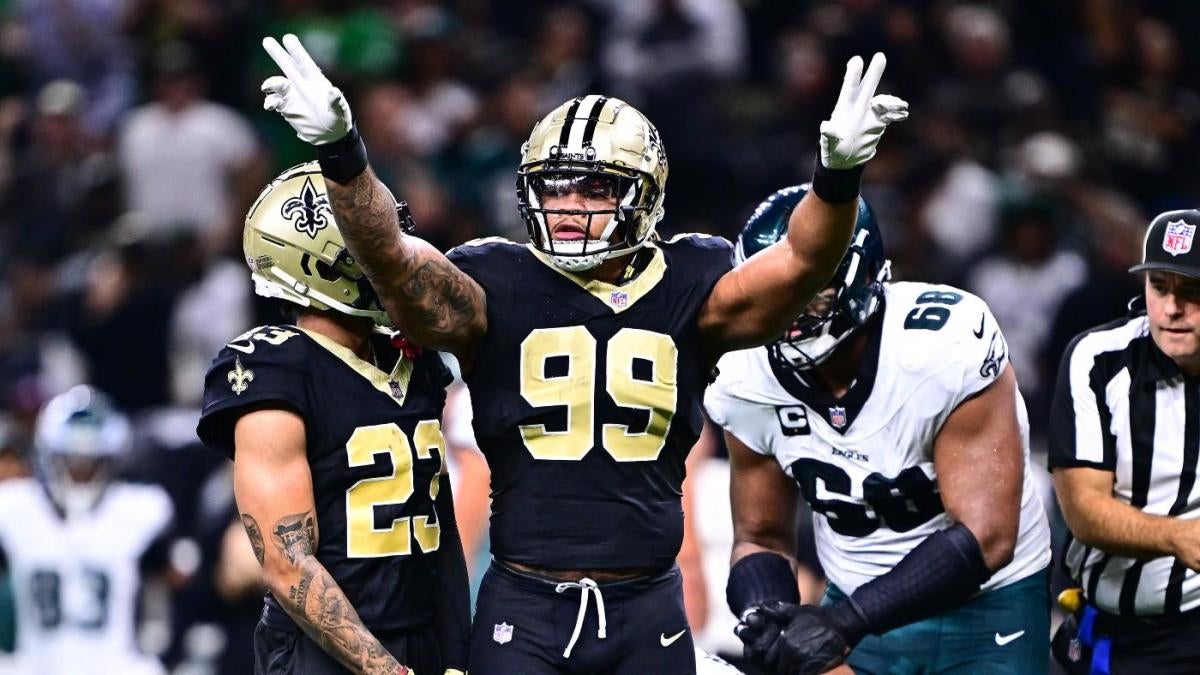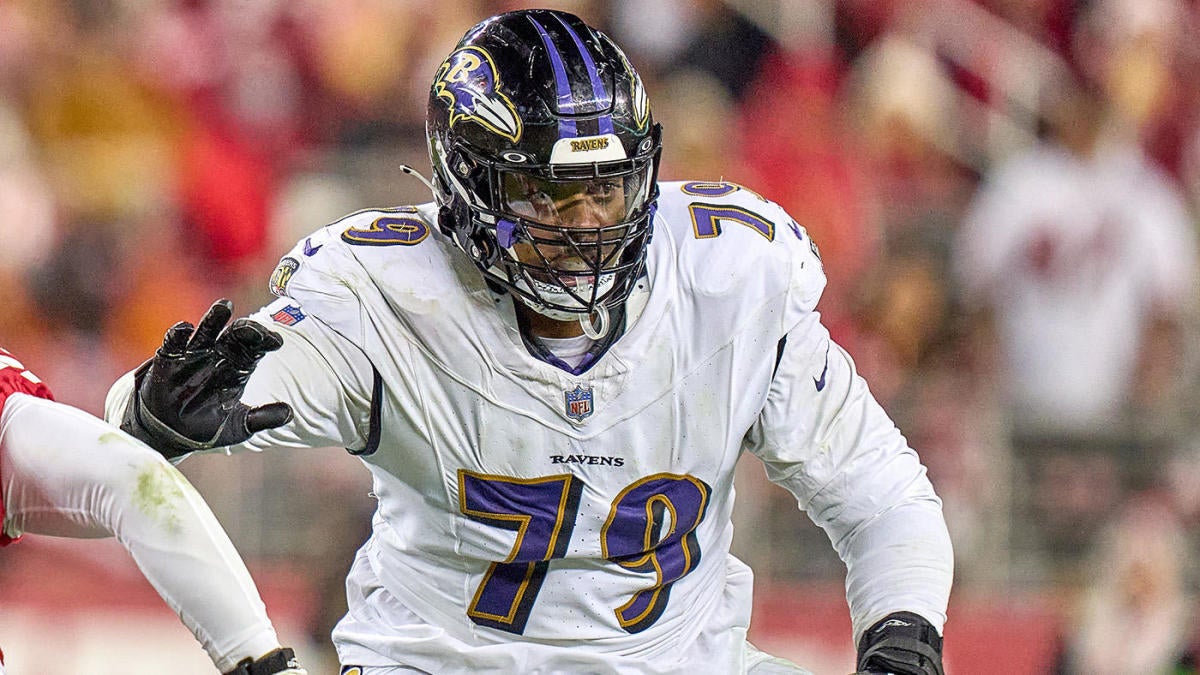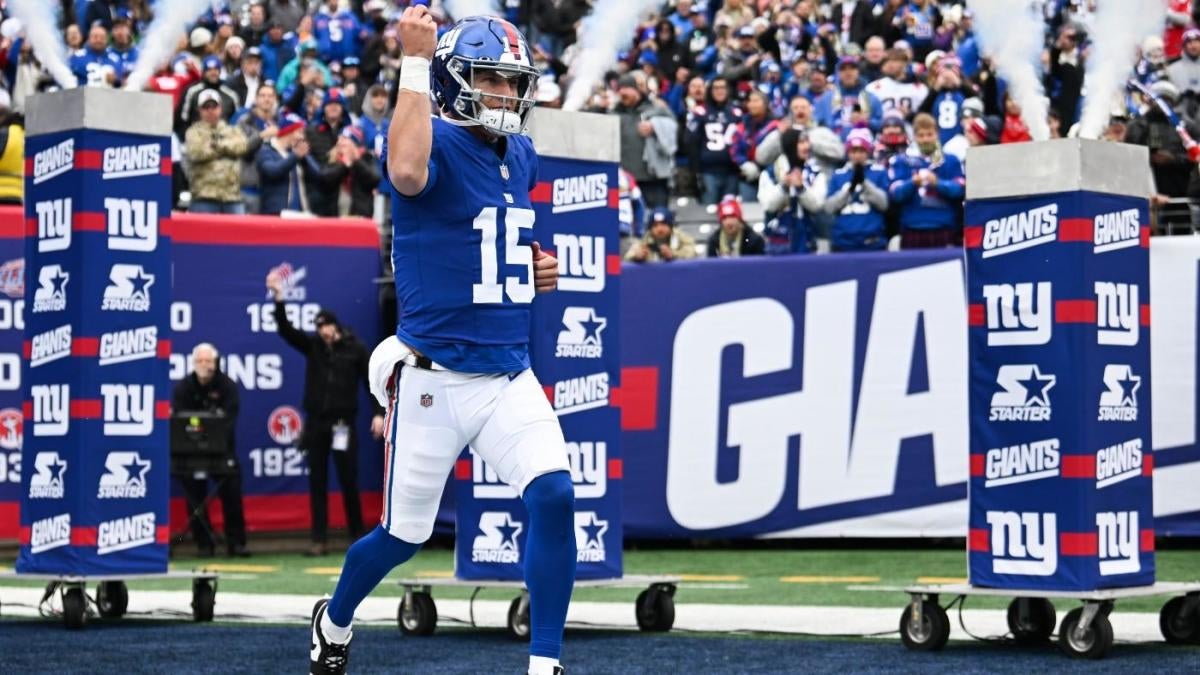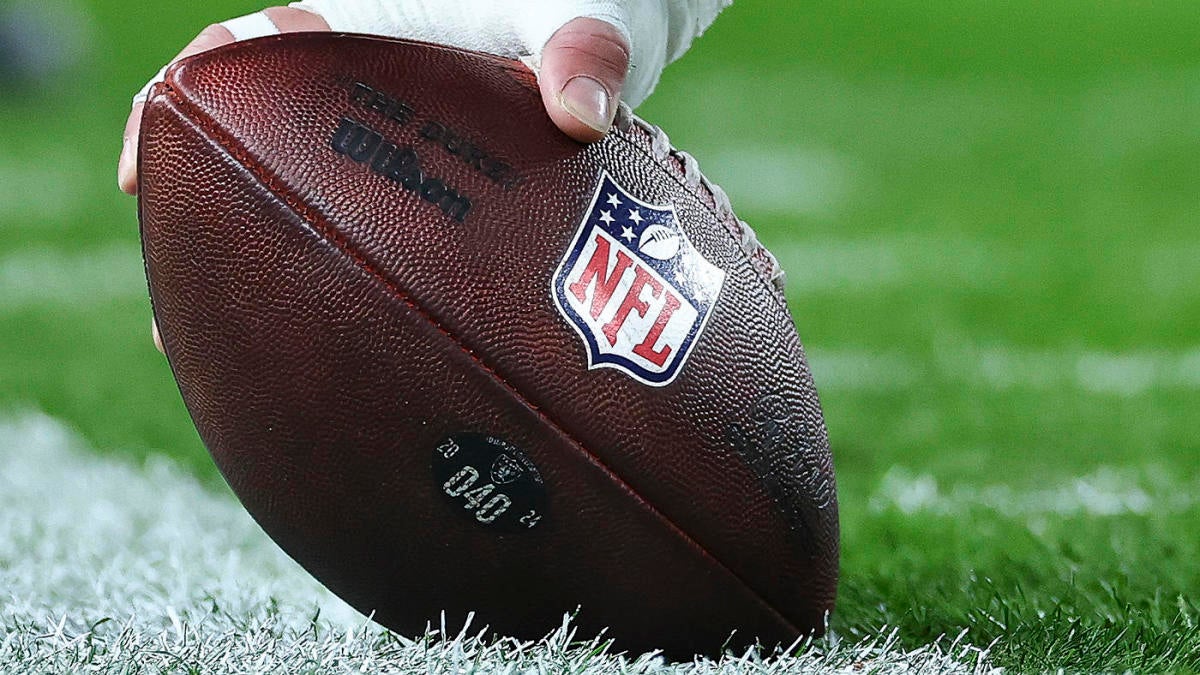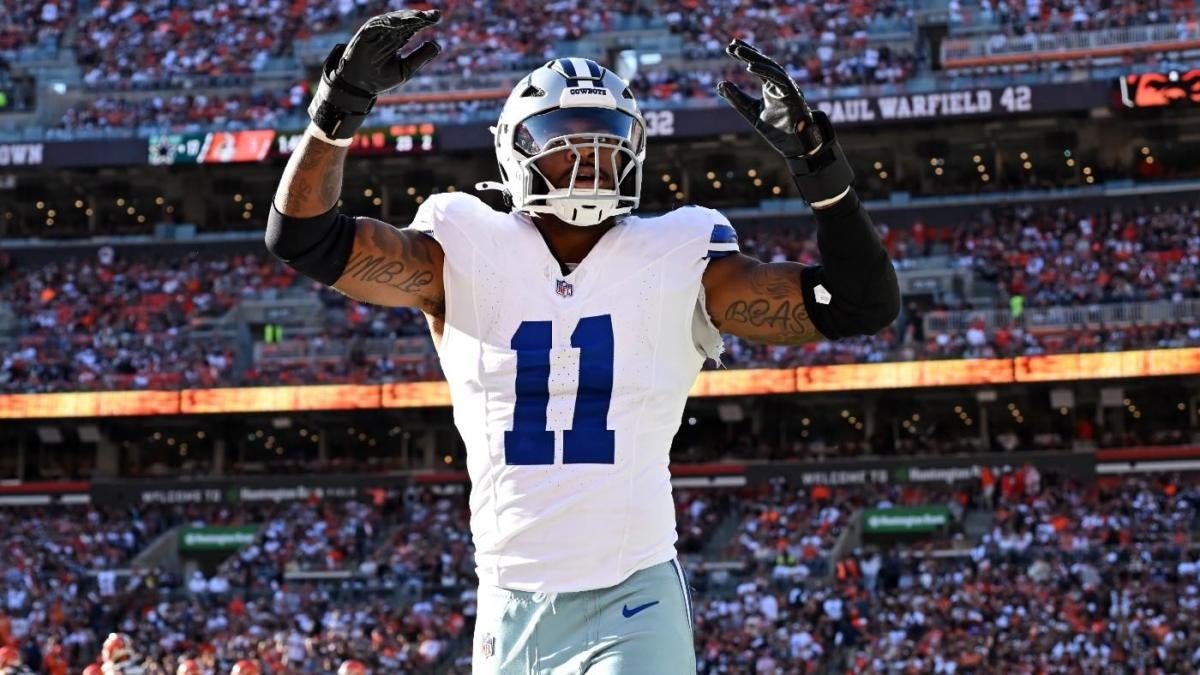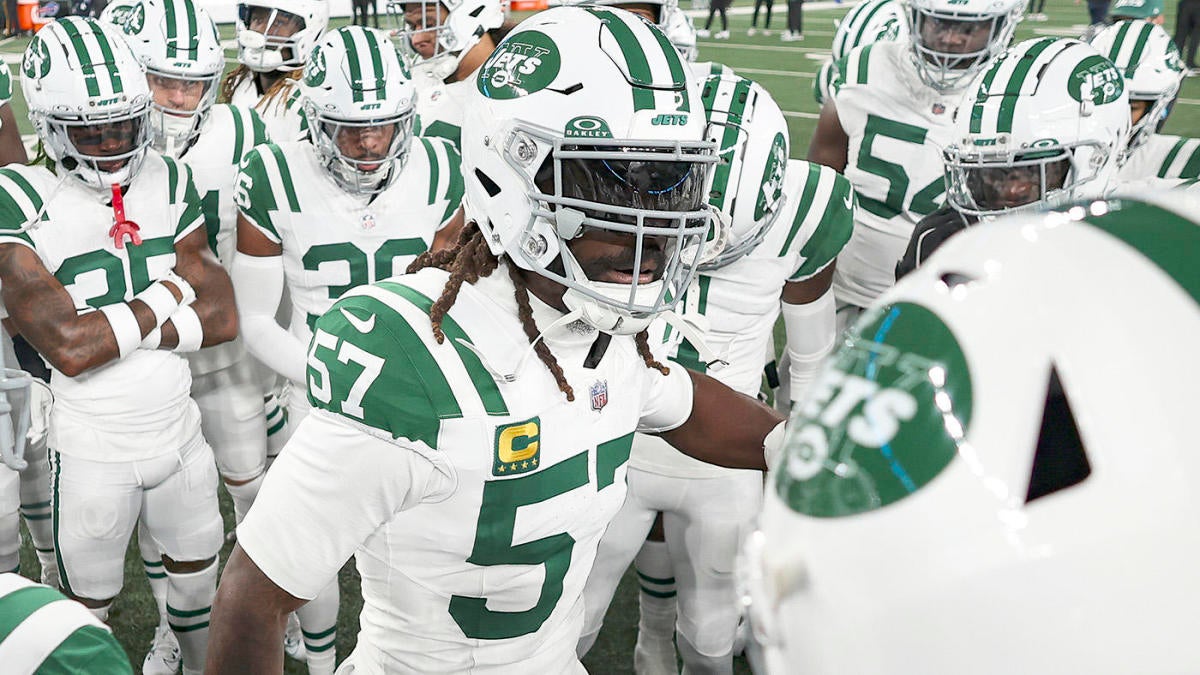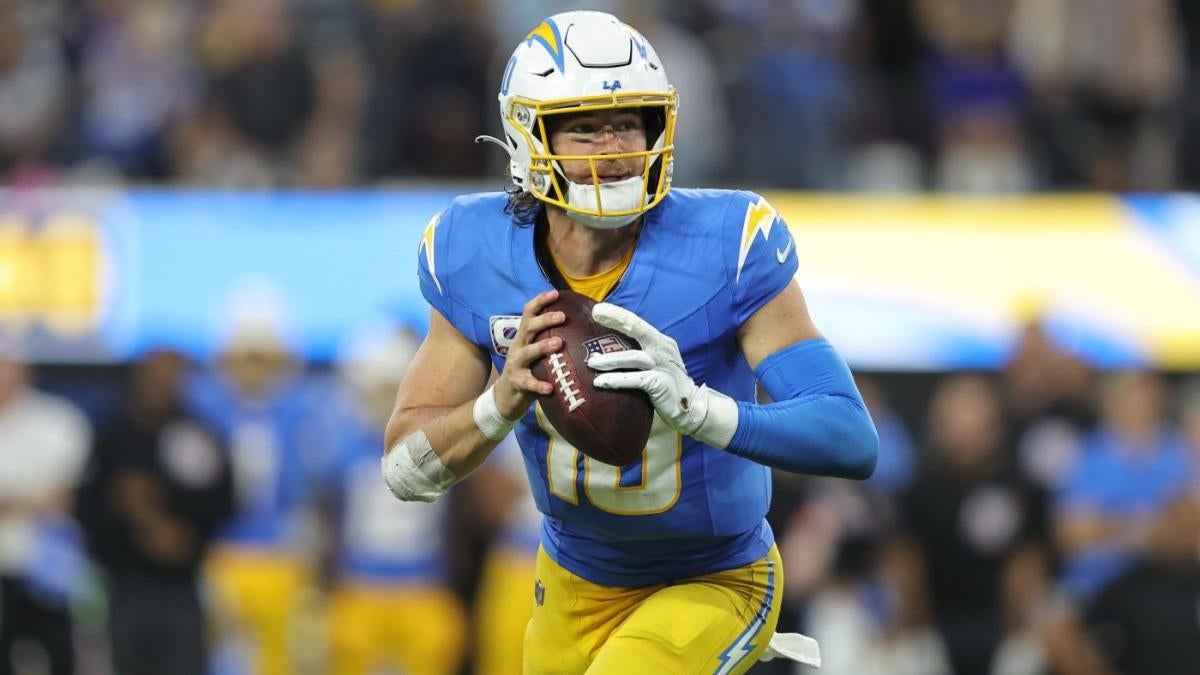
The NFL surprised some observers two weeks ago when it decided to keep Sunday night’s tilt between the Chicago Bears and Los Angeles Chargers in prime time. Both teams were — and remain — below .500, and there were plenty of seemingly better games on the Week 8 slate to slot into “Sunday Night Football.”
But the country will be treated to the 2-5 Bears facing the 2-4 Chargers. And a league source pointed out to CBS Sports that it’s evidence the league has set a higher standard for what will or won’t be flexed into prime time.
The NFL flexed four games last season, but that was somewhat of an outlier. The average per season is 1.8, so just less than two games are flexed per year.
Sunday night’s game staying put, as well as some stringent timing parameters around flexible scheduling, means that even as the league has expanded its flex options to Monday and Thursday nights, the bar has been raised on what will or can get flexed out.
A “Sunday Night Football” game can be flexed out with 12 days’ notice through Week 12. After Week 13, a decision can be made on six days’ notice through Week 17.
For “Monday Night Football,” 12 days’ notice is necessary, and any game can be flexed out at the NFL’s discretion between Weeks 12 through 17.
And the league approved flexible scheduling for “Thursday Night Football” earlier in the offseason. It can be used twice between Weeks 13 through 17 with no later than 28 days’ notice.
Several factors are involved in whether a game gets flexed. Networks can protect a game each week. A game that may seem like a clunker could involve teams in major viewing markets. And moving a game out of prime time so far out means the league strongly believes the game won’t become a good one within the next few weeks.
The NFL has built in a lot of flexibility to get out of these games, but keeping Bears-Chargers in its prime time slot this week shows it may not use the power it wields.
Go to Source
Author: Jonathan Jones
October 29, 2023 | 6:10 am
